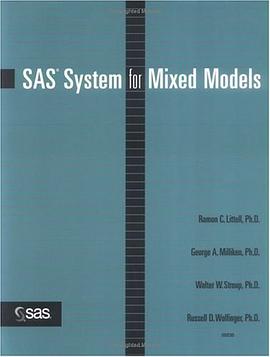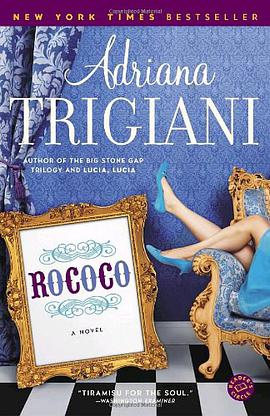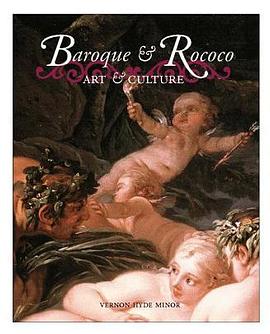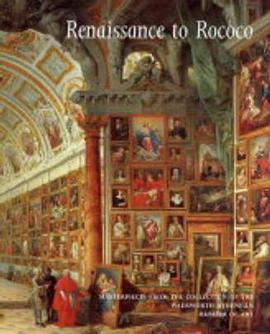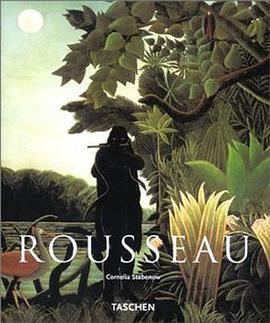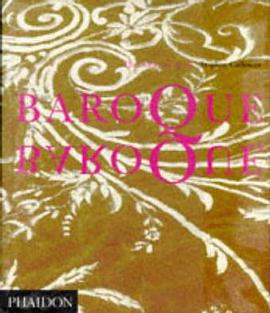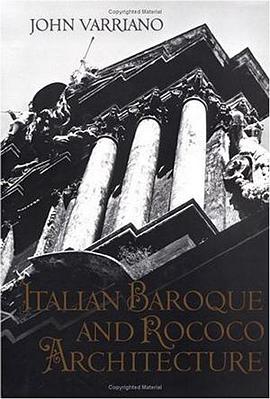

具体描述
Anglo-American modernist writing and modern mass democratic states emerged at the same time, during the period of 1900-1930. Yet writers such as T. S. Eliot, W. B. Yeats, Ezra Pound, Wyndham Lewis, and Ford Madox Ford were notoriously hostile to modern democracies. They often defended, in
contrast, anti-democratic forms of cultural authority. Since the late 1970s, however, our understanding of modernist culture has altered as previously marginalized writers, in particular women such as Gertrude Stein, Djuna Barnes, H. D., and Mina Loy, have been reassessed. Not only has the picture
of Anglo-American modernist culture changed significantly, but the understanding of the relationship between modernist writing and politics has also shifted.
Rachel Potter here reassess the relationship between modernism and democracy by analyzing the wide range of different reactions by modernist writers to the new democracies. She charts the changes in the ideas of democracy as a result of the shift from liberal to mass democracies after the First
World War and of women's entrance into the political and cultural spheres. By uncovering hitherto-unanalyzed essays by a number of feminist writers she argues that in fact there was a widespread skepticism about the consequences of mass democracy for women's liberation, and that this skepticism was
central to the work of women modernist writers.
作者简介
目录信息
读后感
评分
评分
评分
评分
用户评价
这本书的叙事节奏把握得极为精准,它懂得何时需要疾风骤雨般的批判,何时又需要如清晨薄雾般温柔的内省。在探讨某一特定历史时期社会思潮的瓦解时,作者采用了近乎散文诗的抒情笔调,那种对逝去理想的挽歌式陈述,读来令人心头一紧,仿佛亲身经历了那个时代的失落感。然而,紧接着,他会立刻切换到冷峻的分析模式,用犀利的逻辑解剖那些失败的尝试,毫不留情。这种情感的张弛有度,使得阅读体验充满了戏剧性。我发现自己常常在为某一论点的力量所震撼而停下来,深吸一口气,然后又被下一个转折所吸引,不得不立刻继续。它不是那种平铺直叙的教科书,它具有一种强大的情感穿透力,让你在思考的同时,也在“感受”着历史的重量。
评分我对作者在处理核心矛盾时的那种冷静和审慎表示由衷的敬佩。他并没有试图提供一个一劳永逸的解决方案,也没有将复杂的历史进程简单地归咎于某一个单一的驱动力。相反,他似乎更热衷于展示那些潜藏在表面之下的、持续不断的张力——理想与现实的永恒拉锯,个体自由与集体规范的艰难平衡。书中那些结论性的段落,往往不是给出确切的答案,而是提出了更深层次的问题,引导读者走出书本的范围,继续在自己的生活中进行探索。这本著作的价值,不在于它能告诉你“是什么”,而在于它能教会你“如何去问”。它更像是一面经过精心打磨的棱镜,将复杂的世界折射出无数细微的光谱,迫使读者重新审视自己所处的位置和所相信的范式。读完之后,感觉世界观没有被彻底颠覆,但被细致地重构和校准了,这才是真正优秀学术作品的标志。
评分我花了整整一个周末的时间,才勉强消化完前三章的内容,这绝不是一本可以囫囵吞枣的读物。作者的语言风格,宛如一位技艺高超的巴洛克音乐家,铺陈复杂,层层递进,充满了精妙的隐喻和结构上的嵌套。他似乎有一种魔力,能将那些晦涩难懂的理论概念,通过一系列极为精巧的类比,转化为可以被感官捕捉的画面。例如,他对“时间性”的论述,就引用了波德莱尔笔下巴黎街头的匆忙行人与永恒艺术之间的辩证关系,那种瞬间的凝固与持续的流逝在文字中交织,读来令人拍案叫绝。然而,这也带来了挑战,某些段落需要反复阅读,甚至需要查阅一些相关的艺术史背景知识才能完全跟上作者的思维轨迹。这要求读者必须保持高度的专注力,仿佛在进行一场智力上的攀岩,每一步都需要精确计算,但一旦成功登顶,那种豁然开朗的体验,又是无与伦比的满足。
评分这本书的引人入胜之处,很大程度上归功于其跨学科的视野和大胆的论证策略。我原本以为这会是一部纯粹的政治哲学著作,但出乎意料的是,其中穿插了大量关于先锋派戏剧、早期电影美学,乃至建筑构成主义的深刻分析。作者似乎并不满足于停留在文本的表面,他总能从一个看似无关的艺术形式中,挖掘出与核心议题相互呼应的结构性逻辑。比如,他将魏玛共和国时期舞台设计的空间解构,与当时社会权力结构的松动联系起来,这种将具象的美学实践与抽象的政治理论熔于一炉的叙事手法,极其高明。这种广博的知识背景使得整本书的论证充满了活力,避免了陷入一般学院派论文的僵化和单调。它不像是在写一本“书”,更像是在策划一场融合了哲学思辨、历史回顾和艺术鉴赏的盛大展览。
评分这本书的封面设计简直是视觉上的饕餮盛宴,那深邃的靛蓝背景上,几笔如同卡夫卡式梦境的金色线条交织在一起,既有古典主义的沉稳,又隐隐透出一种现代的疏离感。光是捧着它,就能感受到一股知识的重量和艺术的张力。我最初是被它那充满哲思的标题吸引,想象着这必然是一场关于人类精神困境与社会建构的深度对话。内页的纸张触感细腻,油墨散发着淡淡的书卷气,让人迫不及待想沉浸其中。装帧的考究程度,已经超越了一般学术著作的范畴,更像是一件值得收藏的艺术品。翻开扉页,那排版布局的精妙,每一段落的呼吸感都处理得恰到好处,留白之处仿佛都在邀请读者进行更深层次的冥想。我尤其欣赏作者在引用早期现代主义文本时的排版选择,那些被特意加粗或以不同字体呈现的引文,如同在浩瀚的论述海洋中指引方向的灯塔。这本书的物理形态,就已经成功地完成了对“现代性”的一种物质性表达,令人爱不释手。
评分民主与现代主义,关于新自由主义的部分深受启发
评分民主与现代主义,关于新自由主义的部分深受启发
评分民主与现代主义,关于新自由主义的部分深受启发
评分民主与现代主义,关于新自由主义的部分深受启发
评分民主与现代主义,关于新自由主义的部分深受启发
相关图书
本站所有内容均为互联网搜索引擎提供的公开搜索信息,本站不存储任何数据与内容,任何内容与数据均与本站无关,如有需要请联系相关搜索引擎包括但不限于百度,google,bing,sogou 等
© 2026 book.wenda123.org All Rights Reserved. 图书目录大全 版权所有




